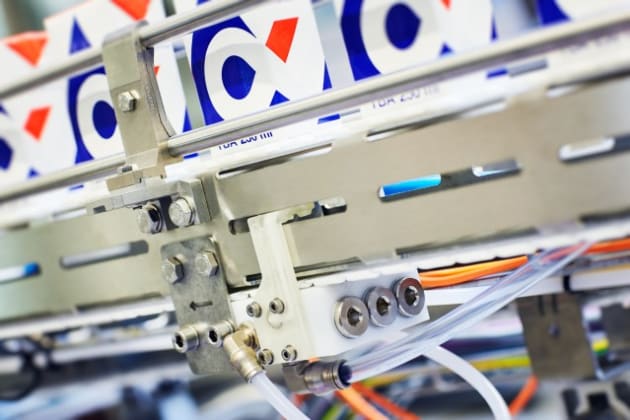Tetra Pak has launched a dry lubrication kit aimed at helping producers save time and help cut water and electricity consumption.
Traditional conveyor lubrication, known as wet lubrication, uses high quantities of water mixed with oil, leaving both the equipment and factory floor wet.
With the new solution, the process is nearly dry as it does not require the use of water but only very small quantities of oil.
A pea-sized drop of food grade oil is directly added to the conveyor belt to reduce its friction with the package.
Unlike wet lubrication, dry lubrication offers an improved environmental footprint, saving an average of 35,000 litres of water per filling line each year and reduced electricity costs.
The kit also has a fully automated system that ensures precision, and promises a 75 per cent reduction in man hours requested in maintenance.

"With an estimated 50 per cent reduction in running costs compared to wet lubrication, the benefits of switching to dry lubrication systems speak for themselves,” Tetra Pak's Klara Svedberg said.
The Tetra Pak Dry Lubrication Kit includes the application systems, lubricant, and installation.






